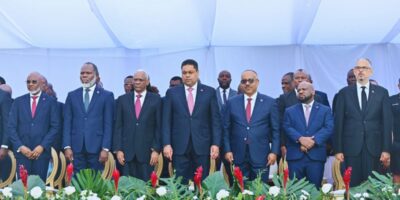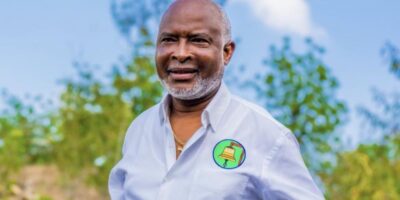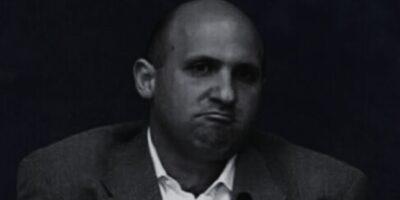These unqualified doctors sometimes practice in remote parts of the country outside of established standards and principles
Out of a list of 24 medical schools in Haiti, only six are recognized by the Ministry of Public Health and Population. The information comes from Dr. Evans Vladimir Larsen, head of the Directorate of Training and Development in Health Sciences (DFPSS) at the MSPP (ministry of public health).
The faculties authorized to teach medicine in the country are an integral part of the following universities: Notre-Dame d’Haïti, Lumière, State University of Haiti, Quisqueya, Royale d’Haïti and the Dr. Aristide Foundation.
“The seventh faculty of medicine which will soon receive recognition from the MSPP is a consortium. Three university institutions (Royale, Episcopal d’Haiti, Mont-Everest) have come together to share their resources and to form a faculty of medicine” says Dr. Larsen.
However, unapproved structures are known to all. Five years ago, Guivens Charles joined the Faculty of Medicine of the University of Saint-François d’Assise d’Haïti (USFAH). This fifth year medical student and his comrades know full well that the institution does not have the recognition of the MSPP to work in this field.
The faculties in the same situation as the USFAH annually put on the market a hundred doctors who do not have a document authorizing them to practice medicine or to carry out a medical specialty in Haiti or abroad.
A Glimmer of Hope
USFAH is on its first attempt. Guivens Charles is part of its first cohort of medical students. Charles hopes his faculty will have state recognition long before he finishes his studies.
“The university keeps us informed of the progress of the file within the MSPP. We were all aware of the ministry’s recommendations for legal recognition” he said.
Read also: Témoignage détaillé d’un médecin haïtien depuis un foyer de Coronavirus aux USA
Among the requirements, the MSPP calls for a laboratory, qualified teachers, and a standard library whether virtual or physical. “Everything is already ready” said Guivens Charles, looking confident.
AyiboPost tried unsuccessfully to get in touch with USFAH officials.
The USFAH class has already completed several internships in hospitals across the country. “Several protests would have already been organized against the leaders of the USFAH, if we were not aware of the steps and progress” says Charles.
The Complexity Of The Problem
Several factors push the MSPP not to recognize the existence of a faculty that teaches medicine in Haiti. The hospital internship, the limited courses, the lack of a modern laboratory, and incomplete medical education are, among others, indicators which the MSPP relies on to make its decision. Very often, these elements are taken lightly when creating these faculties.
According to gynecologist Evans Vladimir Larsen, the MSPP does not deliver authorizations or operating permits to higher education institutions in Haiti. “It is the DFPSS which provides them with a document recognizing their ability to teach medicine according to the standards defined by the MSPP” he says.
Private faculties in Haiti are primarily companies registered with the Ministry of Commerce and Industry (MCI). They also hold an authorization from the MCI and the General Tax Directorate (DGI) authorizing them to operate.
“These are entities that have some form of legal coverage. They begin medical education in their institution even before submitting an application for recognition to the ministry. It is then that the MSPP can see that they do not meet all the conditions for recognition” says Larsen.
The MSPP cannot shut down these institutions that illegally teach medicine in Haiti. Why? Because the MSPP does not have the power to cancel all the permits that the system has already delivered, continues the head of the DFPSS. “Not recognizing them is the only way the MSPP can counter them. You can only pressure them into compliance through recognition” says Dr. Larsen.
In this sense, the end of studies diplomas delivered by these entities do not have legal recognition from the MSPP. “It’s a lost investment. Students who have frequented these institutions have great difficulty being admitted as a doctor in a hospital. Most of them work as quack doctors in remote parts of the country” adds Evens Vladimir Larsen.
Emmanuel Moïse Yves







Comments